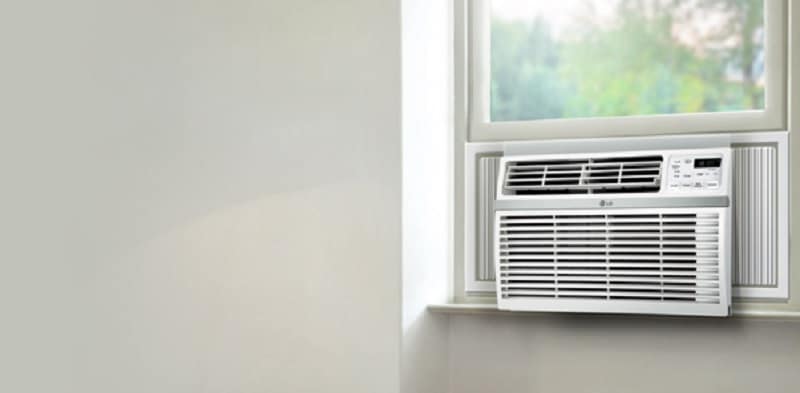Purchasing an air conditioning unit in Auckland allows you the choice of either an inverter or a non-inverter. These systems both improve air quality and can have several health advantages, such as alleviating respiratory problems because they both reduce allergens in the air. In the home, they can provide a sense of relief during extreme weather conditions and in the office, they create a good airflow which helps with productivity. But, for the first-time buyer, you may be confused about the differences between both, making your decision more difficult. At Fonko, we can understand that our clients may not have the industry knowledge to truly understand which is the better option for their needs – which is why we have compiled this useful guide.
We explore each unit individually and then discuss the significant differences to help you make your decision.
Inverter Air Conditioners
A major design factor of an inverter is that it works off a variable compressor motor for speed. This automatically adjusts the temperature without manual intervention, to ensure comfort throughout use. This can reduce the energy needed to operate, as it can sense when it has sufficiently cooled rather than wasting electricity.
Non-Inverter Air Conditioners
Non-inverters on the other hand, function with a fixed speed compressor motor. It switches off as soon as it reaches optimal cooling, rather than adjusting its temperature output. Additionally, adjustment requires manual changes in its settings. It works harder than an inverter and uses more electricity as a result.
Differences Between The Two
Inverters do not lose momentum but instead regulate themselves, unlike a non-inverter which needs to function at full power to operate. Furthermore, inverters tend to be more energy-efficient than non-inverters and are also much quieter when in use. With regular maintenance and servicing, both units can have an extended lifespan but the inverter will still surpass a non-inverter. However, the inverter, also is the more expensive cooling solution between the two and this can be an influential factor in making the final decision.
When deciding between an inverter and a non-inverter, the choice is ultimately up to personal preference and budget. Before settling on a service provider, compare quotations and ask professionals what they would recommend for your home or office. Although price can determine your choice, inverters can have cost-savings attached to their installation in the future with energy efficiency. And a non-inverter may make sense for a smaller area, with low traffic. For a consultation today with one of our highly-skilled technicians, give us a call.

